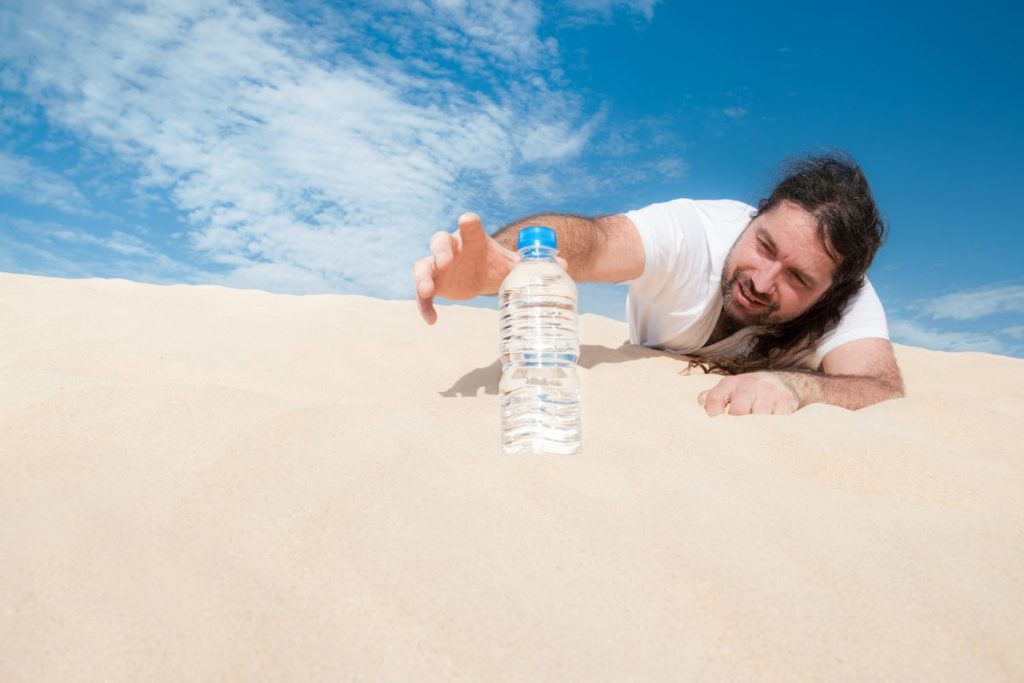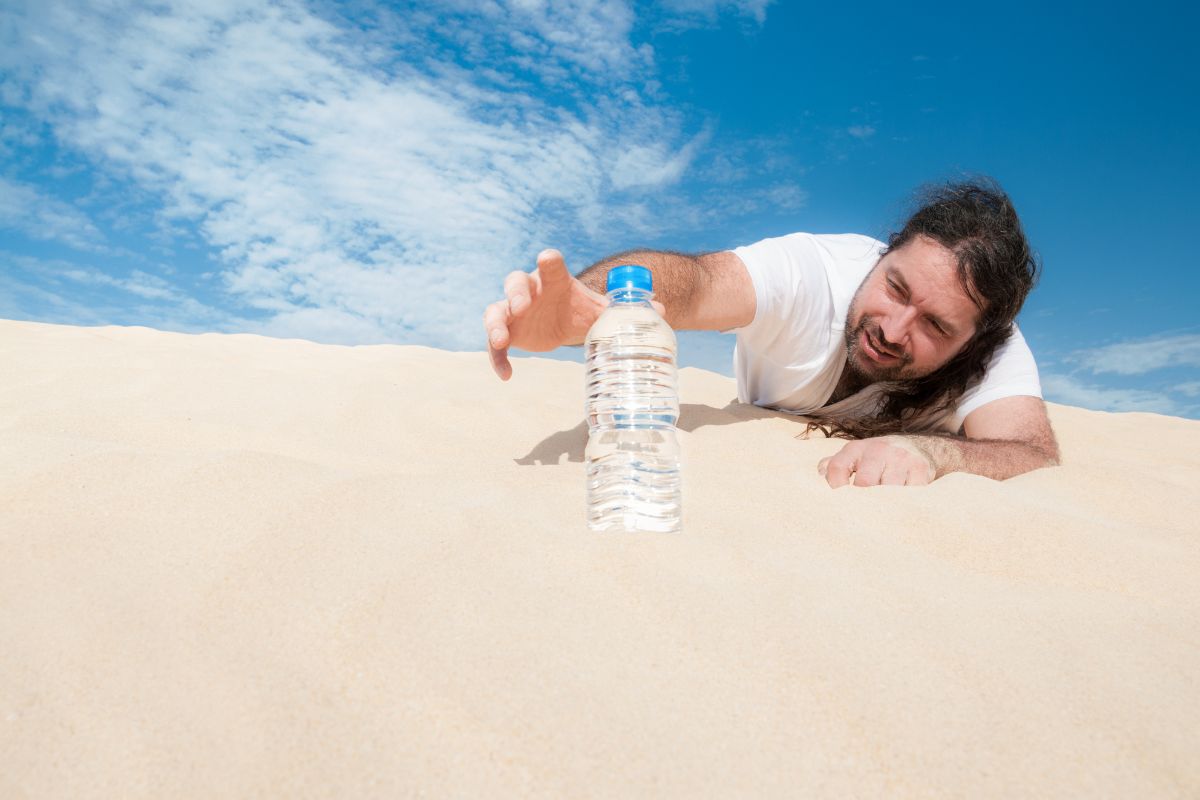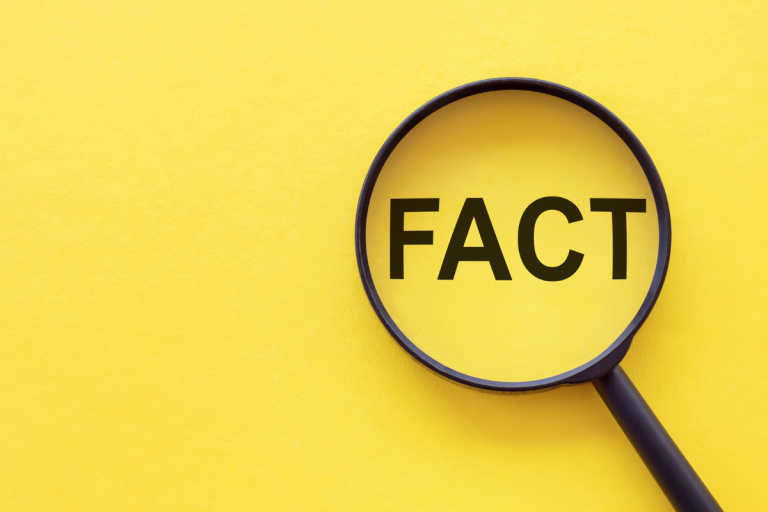
60% of the human body is water. It is very important for the proper functioning of the body and metabolic processes. However, water will be lost through sweat, urine and respiration. Therefore, you should drink water regularly to stay hydrated.
Not drinking enough water can lead to fatigue, headaches, indigestion and a general feeling of dehydration. Chronic dehydration weakens the immune system. With that in mind, we’ve compiled a list of 21 signs that you’re not drinking enough water.
If you have any of these symptoms, the first step is to increase your daily water intake.
It means that you are not drinking enough water
Water is very important for the functioning of the body and its lack causes many problems. These are the most typical indicators that you need to increase your water intake due to dehydration.
Constant thirst
First let’s look at the most obvious signs of dehydration – thirst. You may experience thirst that cannot be quenched by drinks and water. Your body is trying to tell you that you haven’t had enough water for a long time, so you need to end the drought as soon as possible.
Persistent foul odor
Staying hydrated helps your salivary glands produce more saliva, which helps flush bacteria out of your mouth. When you’re dehydrated, saliva production slows down, which encourages bacteria to grow on your gums and teeth. This can lead to bad breath.
Inability to urinate / dark urine
The kidneys need water to function properly and remove toxins from the body. If you don’t drink enough water, your kidneys will retain more water and produce less urine. In addition, the next time you urinate, it will be more toxic, darker in color and more smelly.
Constant hunger and strong cravings for sweets
Without enough water, the body will have difficulty releasing energy from glucose stores. As a result, you are hungry and crave for sweet foods like chocolates, cakes and sweets. If this happens, meaning you are still hungry after eating, it may be a sign of dehydration.
Obesity
Go to the last point. If you drink less water, you increase your appetite, which can lead to obesity. Additionally, dehydration slows down your metabolism, which contributes to weight gain.
Bad skin condition
If you are dehydrated, your skin cells are also dehydrated. This means your skin is dry, stretched and relaxed, as well as fine lines and loose skin. Water also helps detoxify the body, so not drinking enough water can cause toxins and rashes.
Digestive problems / constipation
Problems with the digestive system
Water keeps your digestive system healthy and helps food move through the digestive system. It also makes stools softer and easier to pass. Dehydration can relax muscles and reduce their movement throughout the body. This can lead to chronic bloating, flatulence and gas.
Dry mouth and chapped lips
We all know that chapped and dry lips look bad. However, it is not known whether it is a result of dehydration or lack of hydration. and dry, chapped lips that break easily. They are often the first signs of dehydration and can be treated by increasing your daily water intake.
Dry eyes
Without water, the tear ducts dry up and the eyes cannot retain moisture. As a result, the eyes will be irritated and bloodshot. Dry eyes are an annoying sensation that can be easily prevented by drinking the recommended amount of water regularly.
Muscle pain
Excessive sweating can cause dehydration. If your body does not have enough water to sweat, it can cause muscle pain. The body, as you can see, sweats to stay cool. So if you’re in a hot place and you’re dehydrated, that heat will affect your muscles and make them stiffen.
muscle and joint pain
Muscle stiffness
Did you know that 80% of our cartilage is water? Therefore, without water, the cartilage becomes weak and the bones become brittle.


